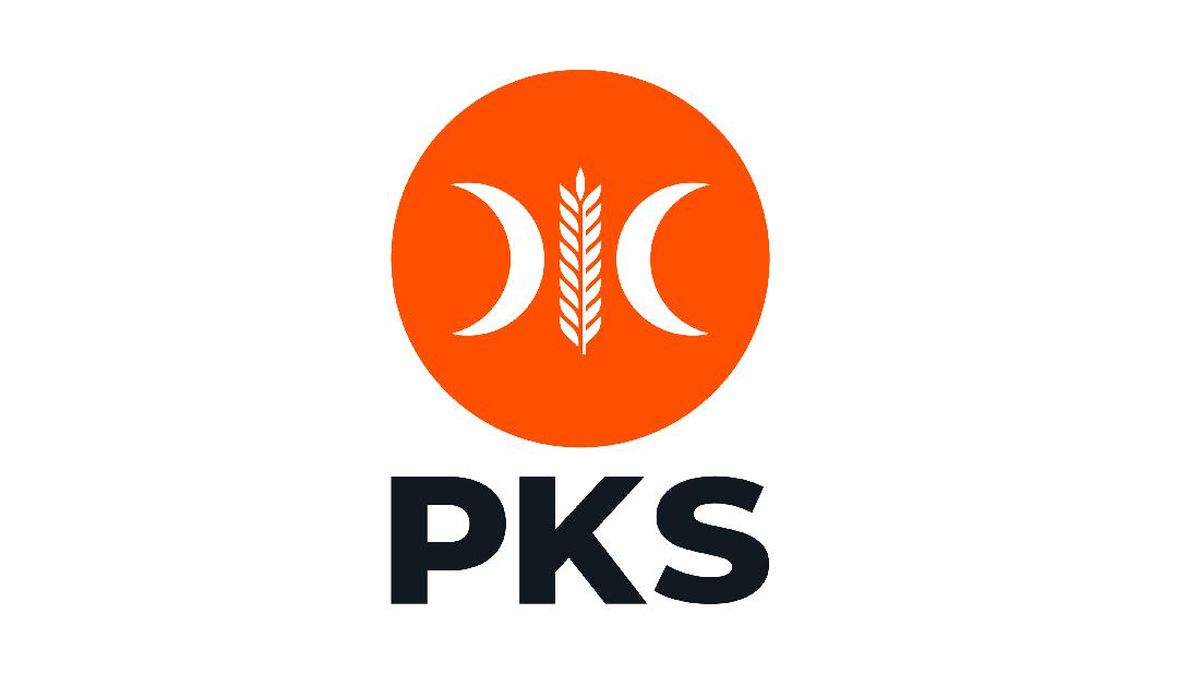I don’t want to be a landlord. What other investments provide regular income?
Opinion
November 16, 2025 — 5.01am
November 16, 2025 — 5.01am
I am selling my investment rental property, and I am seeking an investment that produces both capital growth and regular income. The growth is for my daughter, as the investment will be left to her, whilst I want the income to add to my superannuation pension. My super is predominantly invested in the Balanced option, which demonstrates my risk profile. What do you suggest?
I’m assuming you are selling the investment property because you no longer wish to be a landlord. That being the case, a diversified portfolio of funds would likely achieve the outcome that you are after.

The responsibilities of being a landlord can weigh you down.Credit: Simon Letch
You would have a mix of holdings – perhaps an index-based Australian share fund, a high-yield version which favours dividends, listed infrastructure, global property, maybe some Australian listed property as well. To manage risk, you might want some term deposits or perhaps a bond fund. These won’t produce much capital growth but will provide you with some income.
A well constructed, diversified portfolio will certainly achieve your dual goals of long-term growth plus income, without the headaches and expenses associated with owning an investment property.
If you administered this portfolio on a Wrap platform, you could set it up so that it pays you a consistent income every month, which would then be comparable to what you’ve experienced with the rental property.
I’m 65 and plan to work for about five more years. I have $700,000 in super. Is it advantageous, tax wise or otherwise, to have these funds placed into the retirement phase, and to open a new account for my future super contributions?
The answer to your question depends on what you would do with the pension income were you to convert your super to a pension.
Just to bring readers up to speed, superannuation savings can be accessible from age 60, however initially, you need to have ceased employment to gain access. That changes when you reach age 65, whereupon you have access to your superannuation savings irrespective of whether you have ceased work or not.
While in the accumulation phase of the superannuation system, tax on investment earnings is 15 per cent. Once in the pension phase, however, there is no tax on the earnings.
Many would therefore advise that upon reaching age 65 you should convert your superannuation to a pension, even if you don’t actually require the income that this will necessarily produce, purely due to the better tax situation.
Loading
While this certainly holds true on a spreadsheet, my observation is that it’s not nearly as straightforward in real life. Most people I see in your circumstance want to see their retirement savings continue to grow.
Converting their savings into a pension and being forced to draw out money pushes against this objective. Now that could be managed by you using the pension money to make maximum concessional contributions, perhaps via salary sacrifice, and/or making after tax superannuation contributions.
In this way, there is no leakage of your retirement savings out of the superannuation system, however with the bulk of your savings now in the pension phase, you will get a slight boost in returns because of the better tax treatment.
What you want to avoid though is converting your super to a pension and then increasing your lifestyle expenses to absorb this extra income. If this occurs, your ultimate retirement benefit will be less than it would have been had you simply left it in accumulation, and your retirement options reduced as a consequence.
Paul Benson is a Certified Financial Planner at Guidance Financial Services. He hosts the Financial Autonomy podcast. Questions to: [email protected]
- Advice given in this article is general in nature and is not intended to influence readers’ decisions about investing or financial products. They should always seek their own professional advice that takes into account their personal circumstances before making any financial decisions.
Expert tips on how to save, invest and make the most of your money delivered to your inbox every Sunday. Sign up for our Real Money newsletter.
Most Viewed in Money
Loading


















































